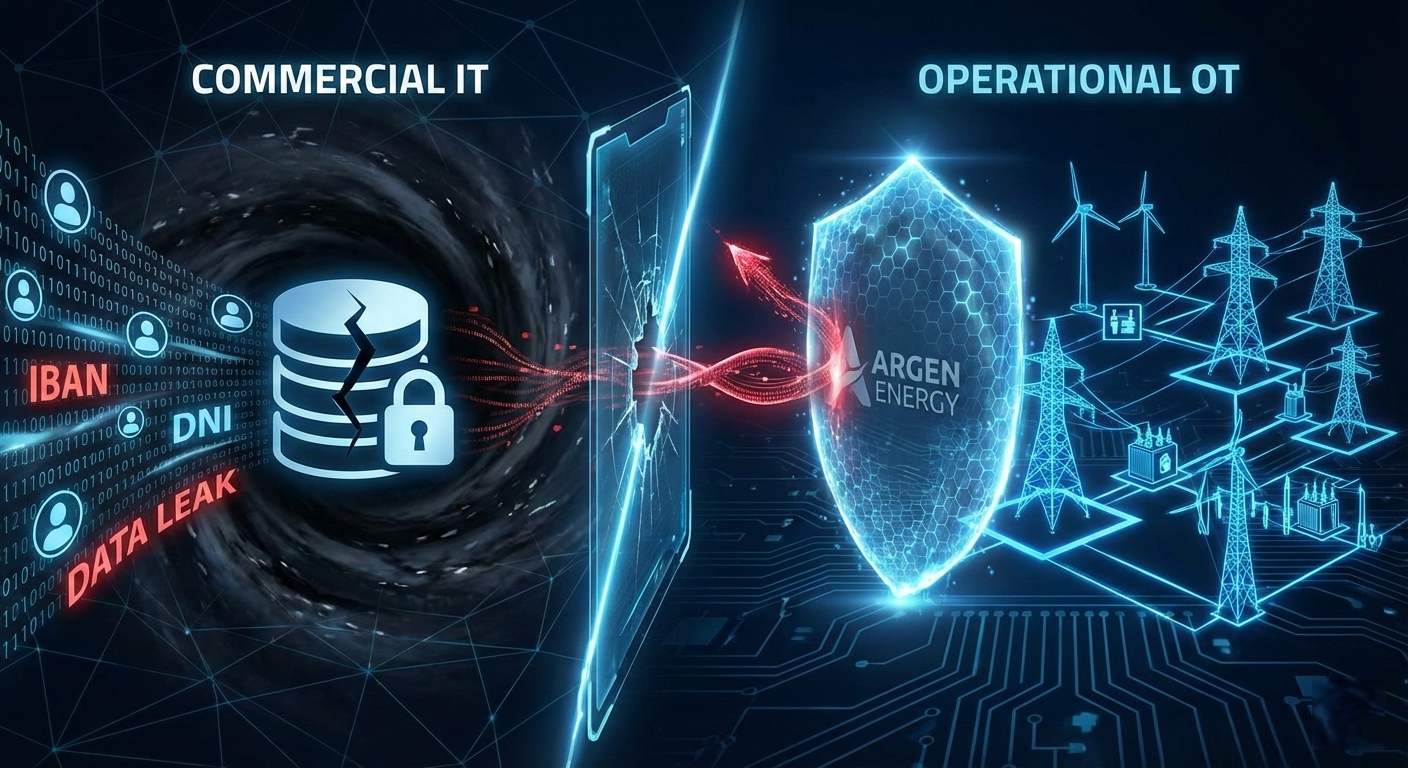Urgent Cyber Alert: "Play" Ransomware Escalates Attacks on Critical Infrastructure
Security
The FBI, CISA, and international partners haveissued an updated, urgent advisory regarding the "Play" ransomwaregroup (also known as Playcrypt). This notorious cybercrime group issignificantly escalating its attacks, employing evolving tactics that pose aserious threat to critical infrastructure and organizations worldwide.
What's Happening?
Active since June 2022, the "Play"ransomware group has rapidly become one of the most prolific in 2024. As of May2025, they have reportedly compromised approximately 900 organizationsacross North America, South America, and Europe. This isn't just aboutencrypting data; "Play" employs a "double extortion"tactic, first stealing sensitive information and then encrypting systems.Victims often receive phone calls threatening to leak their stolen data onlineif a ransom isn't paid, adding intense pressure.
Why This Is a Big Deal for Everyone:
Think about the services that underpin ourdaily lives: electricity, water, healthcare, and transportation. These are allpart of critical infrastructure. When a ransomware group targets these sectors,it's not just a company's data at risk; it's the potential for widespreaddisruption to essential services, impacting communities, businesses, and evenpublic safety. The "Play" group's aggressive tactics, includingthreatening to expose stolen information, highlight the real-world consequencesof cyberattacks. This isn't just an IT problem; it's a societal challenge thatdemands our attention.
Diving Deeper into "Play's" EvolvingTactics:
The updated advisory sheds light on"Play's" sophisticated and adaptable methods. Initial access ofteninvolves exploiting known vulnerabilities in public-facing applications,including FortiOS and Microsoft Exchange, and abusing legitimate accounts,likely acquired from dark web markets.
A key recent development is their exploitationof vulnerabilities in Remote Monitoring and Management (RMM) tools,specifically SimpleHelp (e.g., CVE-2024-57727). RMM tools are high-valuetargets because compromising one can provide attackers with initial access tomultiple client environments simultaneously.
Once inside, "Play" operatorsexhibit advanced lateral movement capabilities, leveraging tools like:
- AdFind for Active Directory queries.
- PsExec and Cobalt Strike for remote execution and command and control.
- Mimikatz for credential dumping.
They are also noted for recompiling theirransomware binary for each attack, making detection more challenging fortraditional security solutions, and using custom tools to steal files fromshadow volume copies. This constant evolution requires defenders to stay agileand implement layered security strategies.
The continuous evolution of threats like"Play" ransomware underscores that cybersecurity is an ongoing battlerequiring vigilance, collaboration, and proactive defense.



